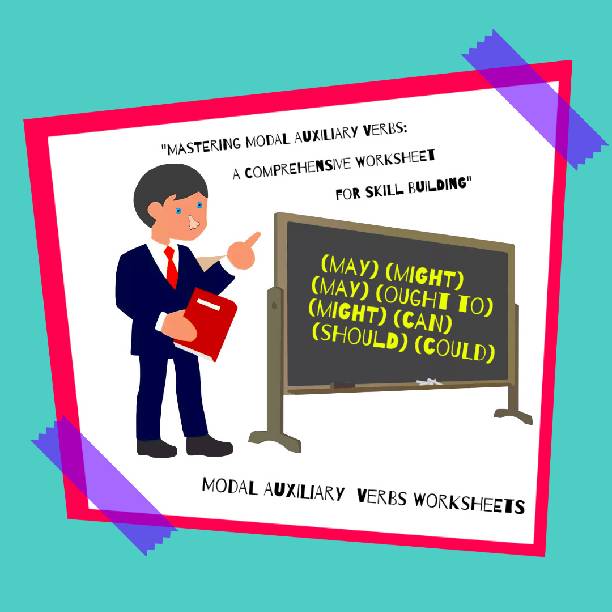
Mastering Modal Verbs: A Comprehensive Guide for Teachers
Introduction:
Modal verbs play a crucial role in English grammar, as they help express various attitudes, possibilities, permissions, obligations, and abilities. As a teacher, having a comprehensive understanding of modal verbs is essential to effectively guide your students through their language learning journey. In this comprehensive guide, we will delve into the world of modal verbs, examining their meaning, usage, and providing tips to help your students master them.
Understanding Modal Verbs:
Modal verbs, also known as modal auxiliary verbs, include words such as can, could, may, might, shall, should, will, would, must, and ought to. These verbs are unique because they modify the main verb in a sentence, conveying the speaker’s attitude towards an action or event. Unlike ordinary verbs, modal verbs do not have an infinitive, past tense, or present participle form.
Usage of Modal Verbs:
1. Expressing Possibility: Modal verbs can be used to express varying degrees of possibility. For example, “I might go to the party tonight if I finish my work early” showcases the possibility of attending the party, whereas “He can swim” presents an ability that the subject possesses.
2. Giving Permission: Modal verbs are often used to grant permissions or give guidelines. Phrases like “You can borrow my pen” or “You may use your dictionary during the test” illustrate giving permission, while “You must arrive on time” implies an obligation.
3. Making Requests: Modal verbs can also be employed to make requests or seek permission. Sentences like “Could you pass me the salt, please?” or “Would you mind closing the window?” exhibit polite ways of making requests.
4. Expressing Obligation: Modal verbs are used to denote obligations or duties. “You must finish your homework before going to bed” emphasizes the necessary completion of the task, while “Shouldn’t we call for help?” emphasizes a sense of responsibility.
Tips for teaching Modal Verbs:
1. Start with Basic Concepts: Begin by introducing your students to the concepts of permission, possibility, ability, and obligation. Providing relatable scenarios will help them grasp the meaning and usage of each modal verb more easily.
2. Practice Activities: Incorporate a range of activities to practice using modal verbs effectively. Activities like role plays, surveys, and group discussions can engage students and encourage them to express their ideas using the correct modal verbs. Furthermore, exercises in the form of fill-in-the-blanks, multiple-choice questions, and rewriting sentences can reinforce their understanding.
3. Use Real-World Examples: Utilize real-life examples to showcase how modal verbs are used in everyday contexts. Newspaper articles, conversations, and songs can serve as excellent resources to illustrate the practical usage of modal verbs.
4. Highlight Common Errors: Identify common errors students make when using modal verbs and provide explanations on their correct usage. Create opportunities for meaningful corrections and discussions to further reinforce their understanding.
5. Provide Ample Practice: Offer ample opportunities for practice, both in class and as homework assignments. Gradually increase the complexity of the exercises, incorporating different tenses, negations, and interrogative forms to challenge your students and expand their proficiency.
Conclusion:
Understanding and mastering modal verbs is crucial for effective English language learning. By providing a comprehensive guide to your students, you can help them navigate the intricate world of modal verbs. Through various exercises, activities, and real-life examples, your students will confidently be able to express their ideas, ask for permission, make requests, and fulfill obligations. With your guidance, they will soon become proficient in using modal verbs and enhance their overall linguistic skills.















